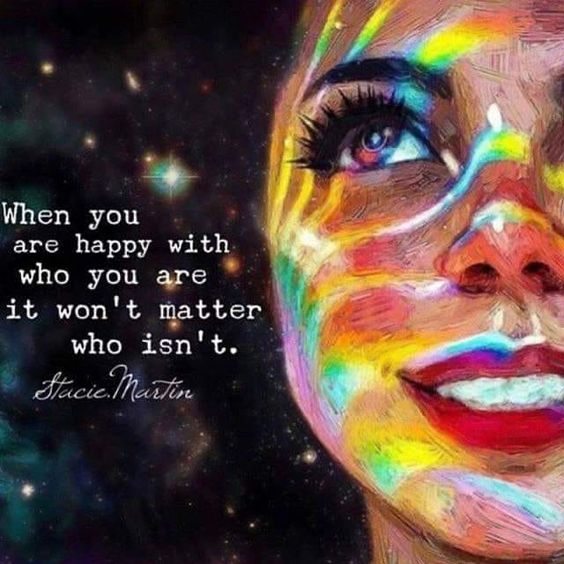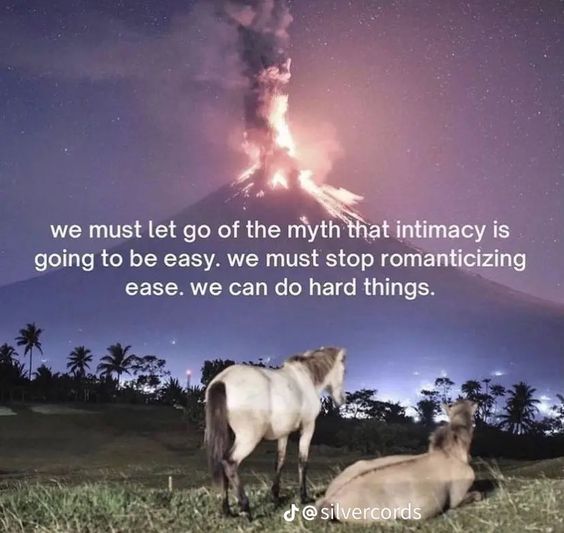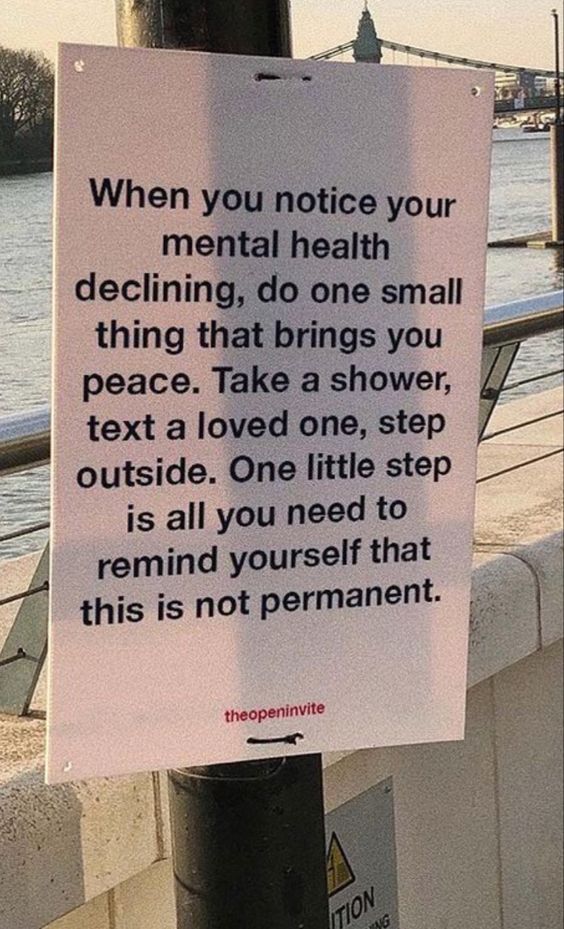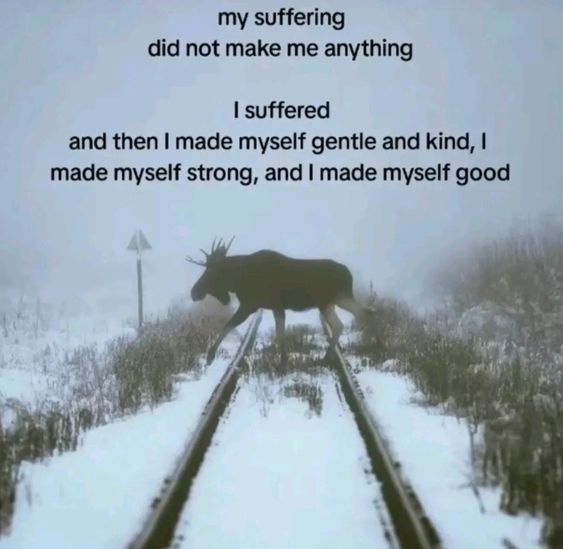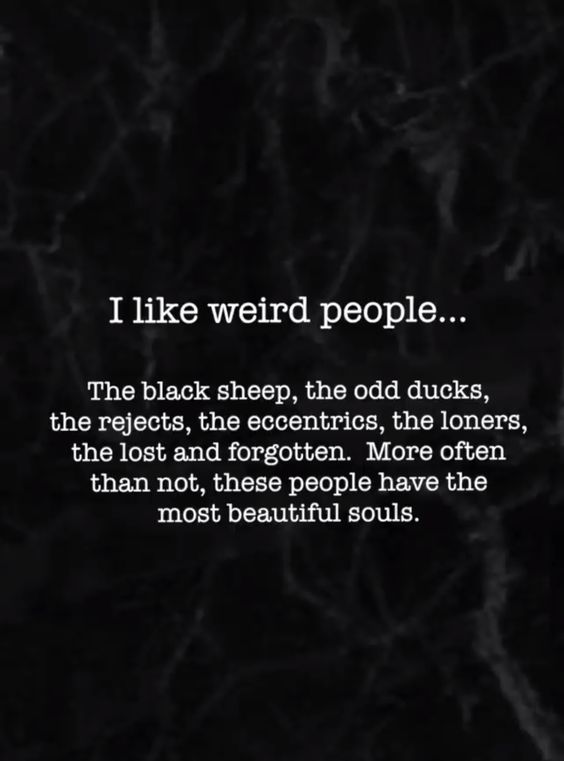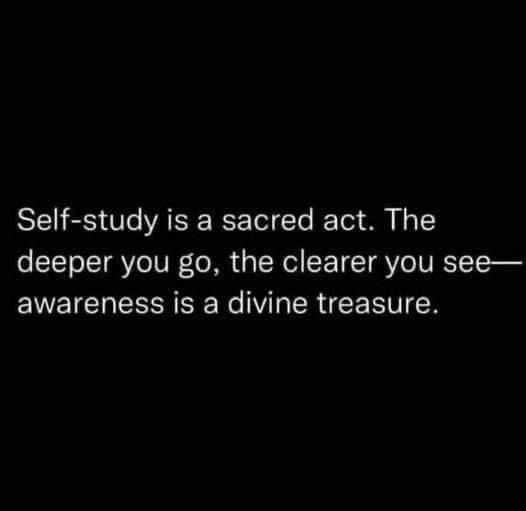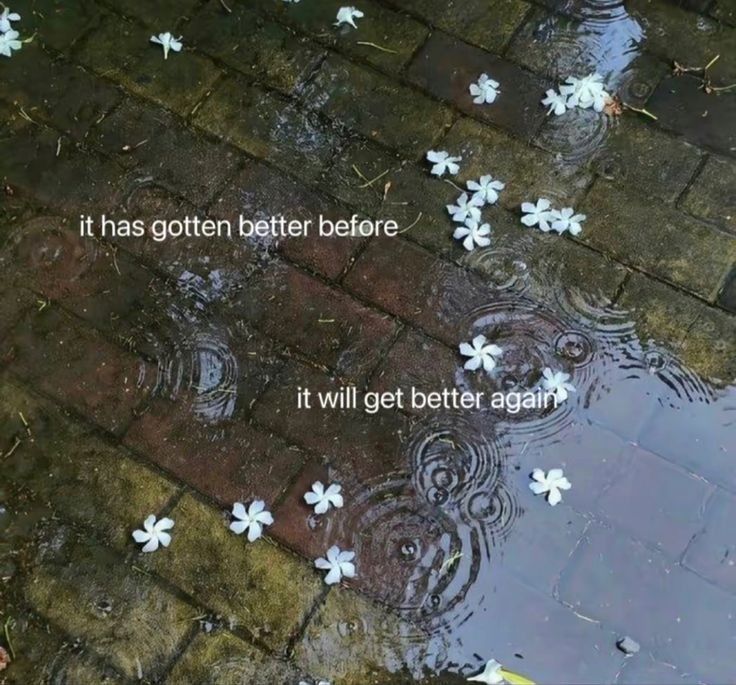“Even if you have drifted off the path. Marcus Aurelius tried to remind himself that there was a spring of goodness inside of him and that no matter what he or anyone shoveled on some of it, it was still there, still fresh and new and ever-flowing. The Stoics did not believe in original sin. They did not think we were hopelessly broken. They believed that being who we were—living well, living as our nature intended us to live—was always possible. You might be low and awful right now, Marcus Aurelius writes in Meditations, but in just a few days you can be worthy of being seen as a god. He was telling himself he just had to go back to the teachings, go back to his principles, go back to the spring.”
Ryan Holiday
“Exploration of the full range of our own potentialities is not something that we can safely leave to the chances of life. It is something to be pursued systematically, or at least avidly, to the end of our days. We should look forward to an endless and unpredictable dialogue between our potentialities and the claims of life—not only the claims we encounter but the claims we invent. And by potentialities I mean not just skills, but the full range of our capacities for sensing, wondering, learning, understanding, loving and aspiring.”
John W. Gardner, Self-Renewal (Page 11)
“That is why travel is a vivid experience for most of us. At home we have lost the capacity to see what is before us. Travel shakes us out of our apathy, and we regain an attentiveness that heightens every experience. The exhilaration of travel has many sources, but surely one of them is that we recapture in some measure the unspoiled awareness of children.”
John W. Gardner, Self-Renewal (Page 9)
“Imagine there is a small version of you and a big version. When you are playing small, your behavior is timid, you feel less than, and you are often surrounded by people and projects that drain you. When you are playing big, your behavior is confident, you feel motivated, and you tend to be investing in people and projects that energize you. How can you spend more time playing the big version of yourself this year?”
James Clear
“As Peter Drucker has pointed out, in a world buffeted by change, faced daily with new threats to its safety, the only way to conserve is by innovating. The only stability possible is stability in motion.”
John W. Gardner, Self-Renewal (Page 7)
“The renewal of societies and organizations can go forward only if someone cares. Apathy and lowered motivation are the most widely noted characteristics of a civilization in decline. Apathetic men and women accomplish nothing. Those who believe in nothing change nothing for the better. They renew nothing and heal no one, least of all themselves.”
John W. Gardner, Self-Renewal (Page xxi)
“Bliss is the only criterion of whether you are arriving closer to truth or not. The closer you come to truth, the more blissful you become; the farther away from truth, the more miserable. Misery is nothing but distance from truth; bliss is closeness, intimacy.”
Osho, Everyday Osho (Page 176)
“[Marketing for the U.S. Presidential Election] is going to make you feel like Tuesday, November 5, is the only day that matters. And that day does matter. But, man, November 6 ain’t nothing to sneeze at—or November 7. If your guy loses, bad things might happen. But the country is not over. And if your guy wins, the country is in no way saved. I’ve learned one thing over these last nine years. And I was glib at best and probably dismissive at worst about this. The work of making this world resemble one that you would prefer to live in is a lunch pail [bleep] job, day in and day out, where thousands of committed, anonymous, smart, and dedicated people bang on closed doors and pick up those that are fallen and grind away on issues till they get a positive result. And even then, have to stay on to make sure that result holds. So the good news is I’m not saying you don’t have to worry about who wins the election. I’m saying you have to worry about every day before it and every day after—forever.”
Jon Stewart, The Daily Show
“Misery has no outer cause; the cause is inner. You go on throwing the responsibility outside yourself, but that is just an excuse. Yes, misery is triggered from the outside, but the outside does not create it. When somebody insults you, the insult comes from the outside, but the anger is inside you. The anger is not caused by the insult, it is not the effect of the insult, If there were no anger energy in you, the insult would have remained impotent. It would have simply passed, and you would not have been disturbed by it.”
Osho, Everyday Osho (Page 175)
“The future is shaped by men and women with a steady, even zestful, confidence that on balance their efforts will not have been in vain. They take failure and defeat not as reason to doubt themselves but as reason to strengthen resolve. Some combination of hope, vitality and indomitability makes them willing to bet their lives on ventures of unknown outcome. If our forebears had all looked before they leaped, we would still be crouched in caves sketching animal pictures on the wall.”
John W. Gardner, Self-Renewal (Page xiii)
“High hopes that are dashed by the first failure are precisely what we don’t need. We need to believe in ourselves but not to believe that life is easy. Nothing in the historical record tells us that triumph is assured. Life’s problems resist solution, and we are fallible.”
John W. Gardner, Self-Renewal (Page xiii)
